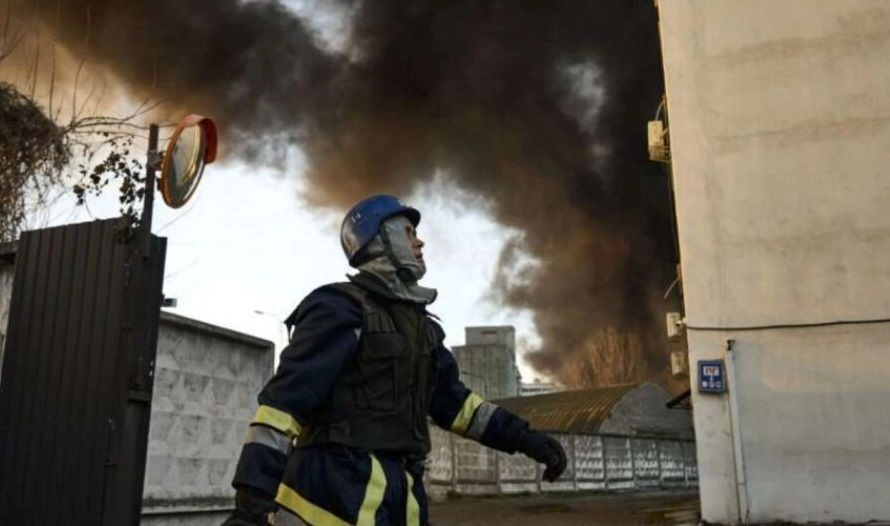A missile strike in Kharkiv results in 44 injuries, including five children, and one woman killed. The attack damages residential and commercial properties, prompting a criminal investigation into war law violations.
The recent rocket attack in Kharkiv, causing numerous casualties and property damage, has prompted a significant investigation into the violation of international laws and the tragic loss of life. This report, sourced from UNN reports, details the aftermath of this devastating event.
The missile assault on Kharkiv’s central region on January 2, orchestrated by the Russian armed forces, inflicted severe damage on civilian infrastructure, including residential buildings, shops, and vehicles.
The attack resulted in 44 injuries, among which were five children, comprising two girls aged 6 and 13 and three boys aged 9, alongside the tragic loss of one woman’s life.
The assault’s destruction encompassed apartment complexes, commercial establishments such as shops and cafes, pharmacies, and vehicles, inflicting substantial harm to the city’s core.
The incident, involving a massive missile attack by Russian invaders, not only caused severe casualties but also left a trail of destruction across Kharkiv. The targeting of civilian structures underscores the violation of international laws and the urgent need for investigation.
The gravity of this attack lies not only in the casualties but also in the deliberate targeting of civilian areas. Such assaults breach international humanitarian laws, demanding immediate attention and accountability for the loss of innocent lives.
This distressing event emphasizes the ongoing conflict’s impact on civilians, necessitating global attention to protect vulnerable populations and uphold the laws governing warfare and civilian protection.
The tragic consequences of the Kharkiv rocket attack highlight the urgent need for accountability and justice in instances of deliberate assaults on civilian spaces. The investigation must swiftly bring to light the perpetrators and ensure adherence to international laws.
Based on reporting from UNN reports.



